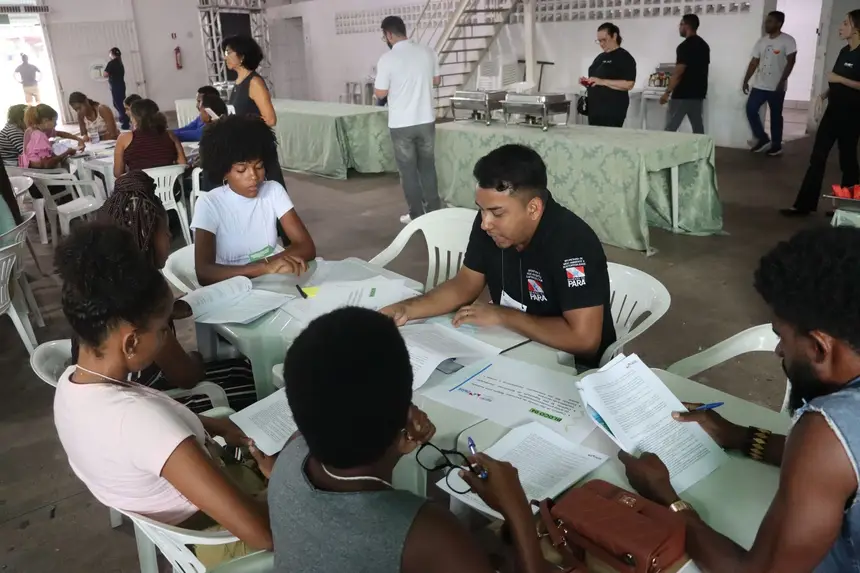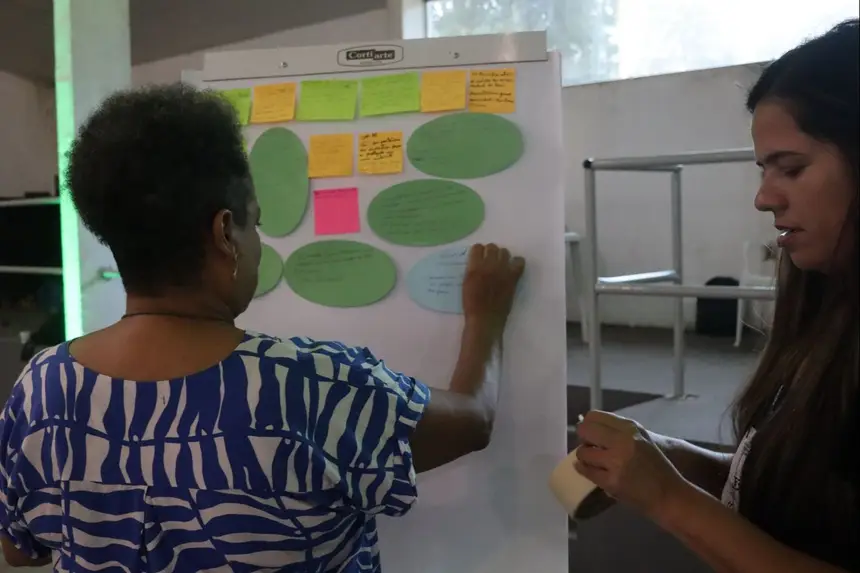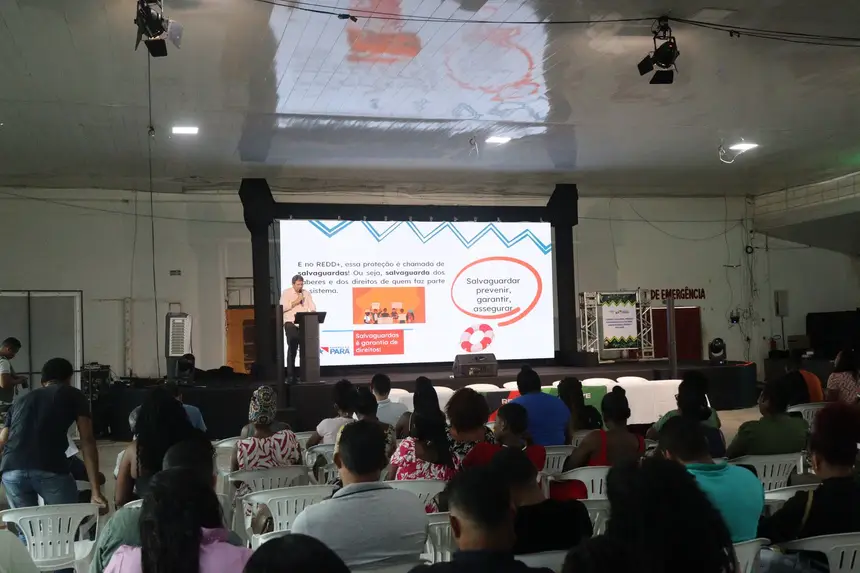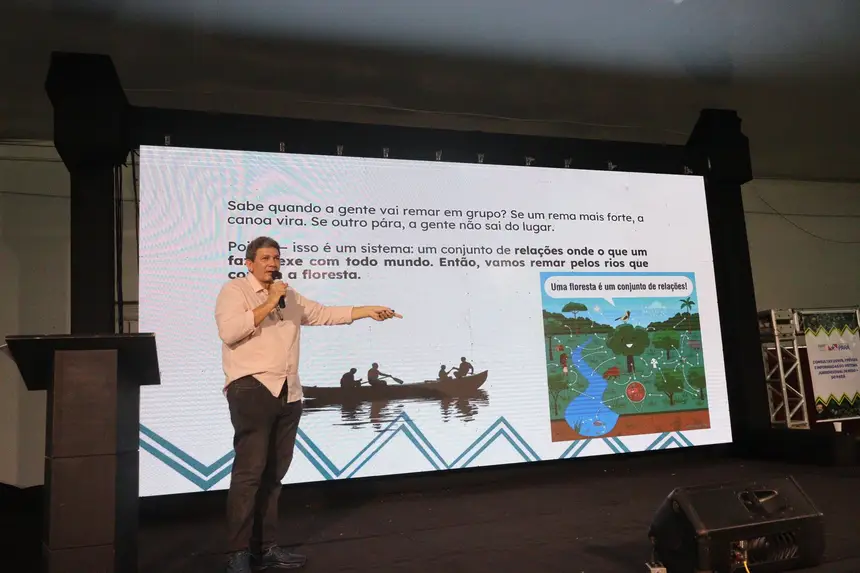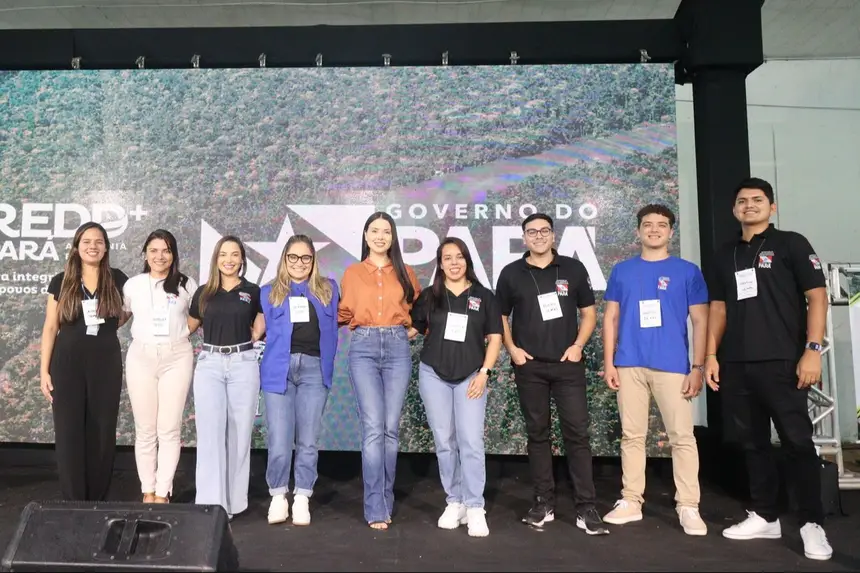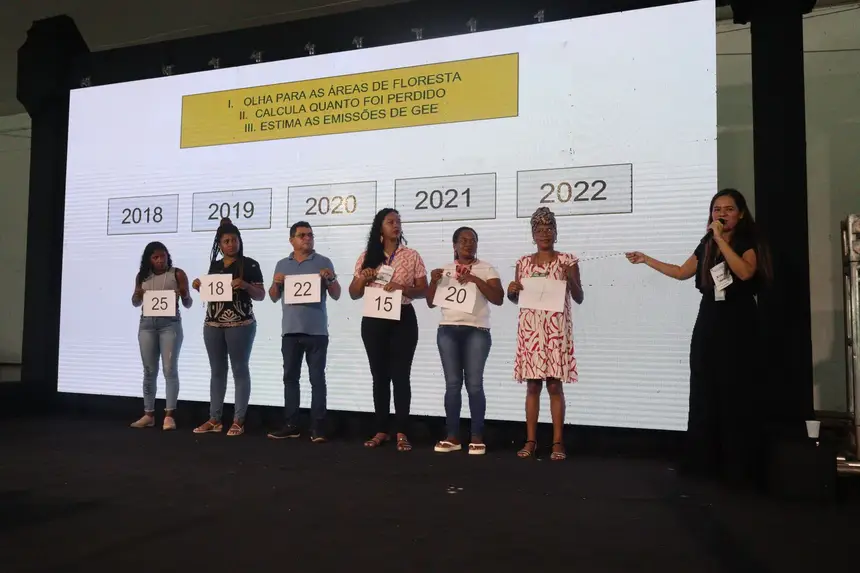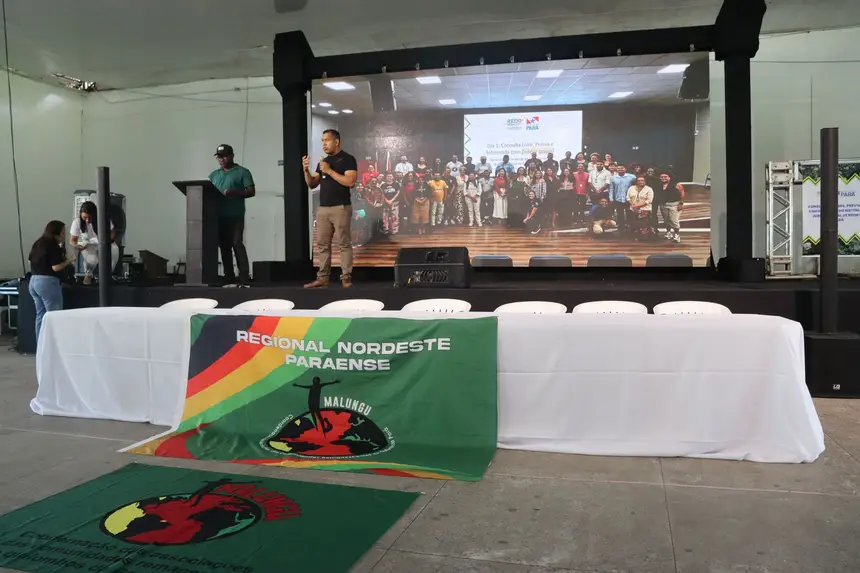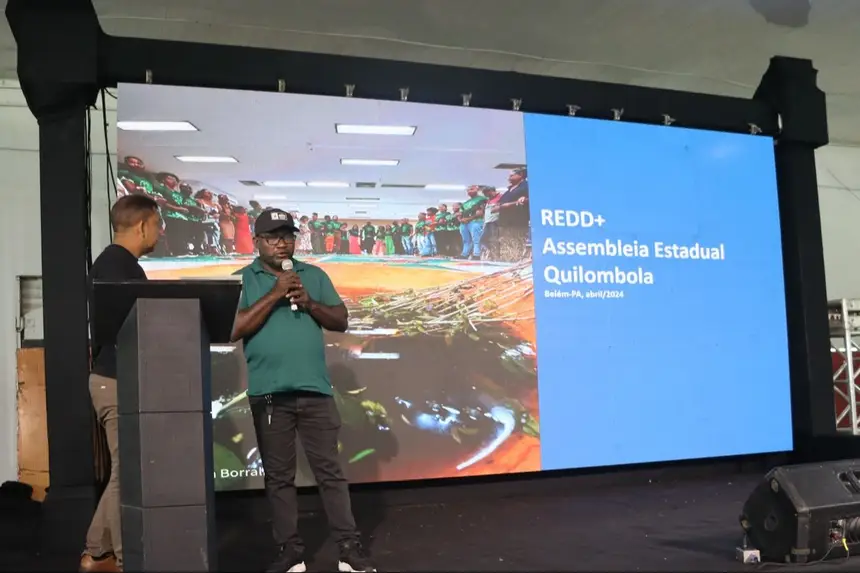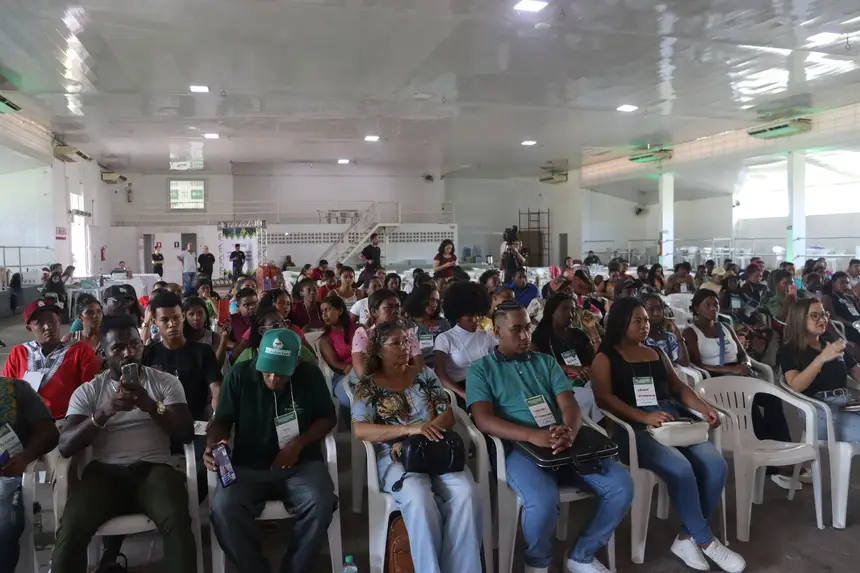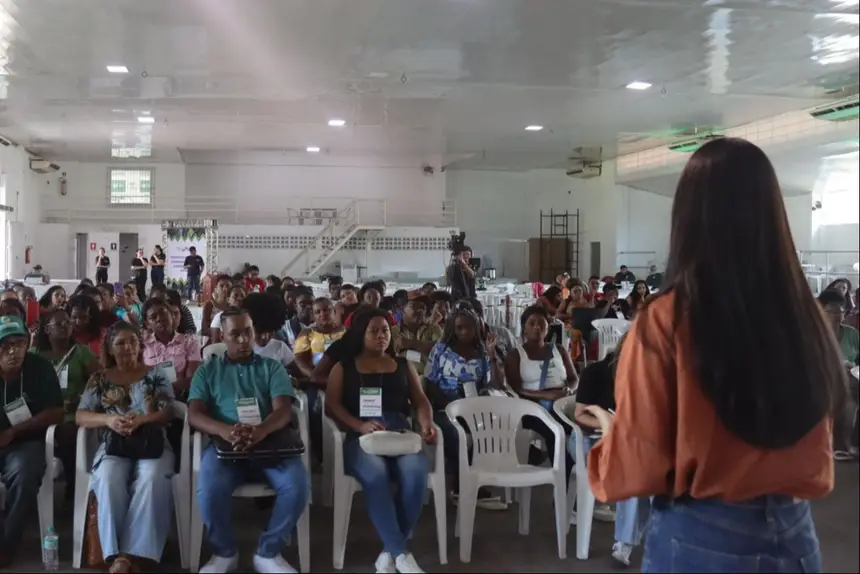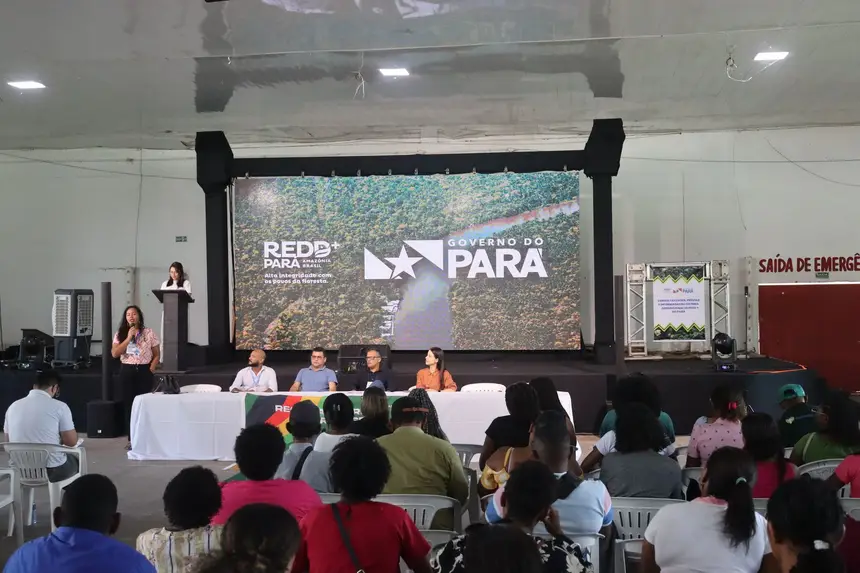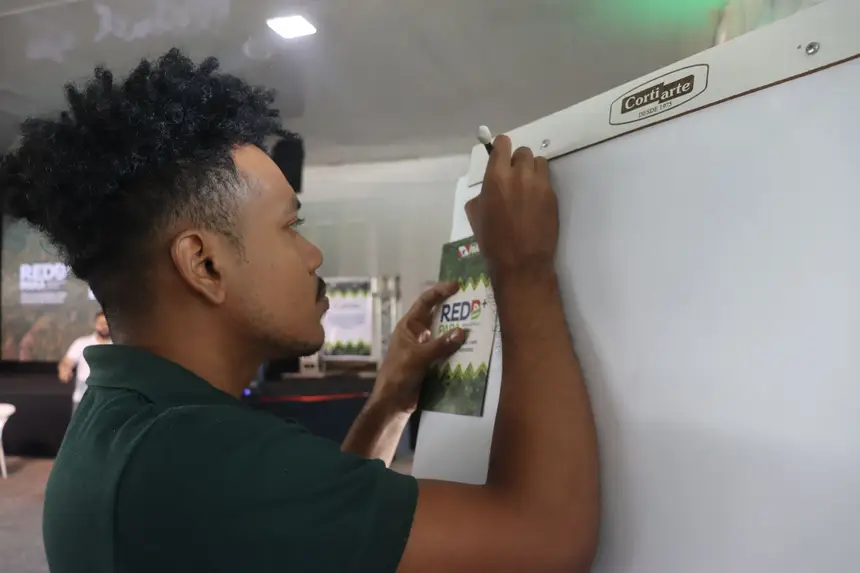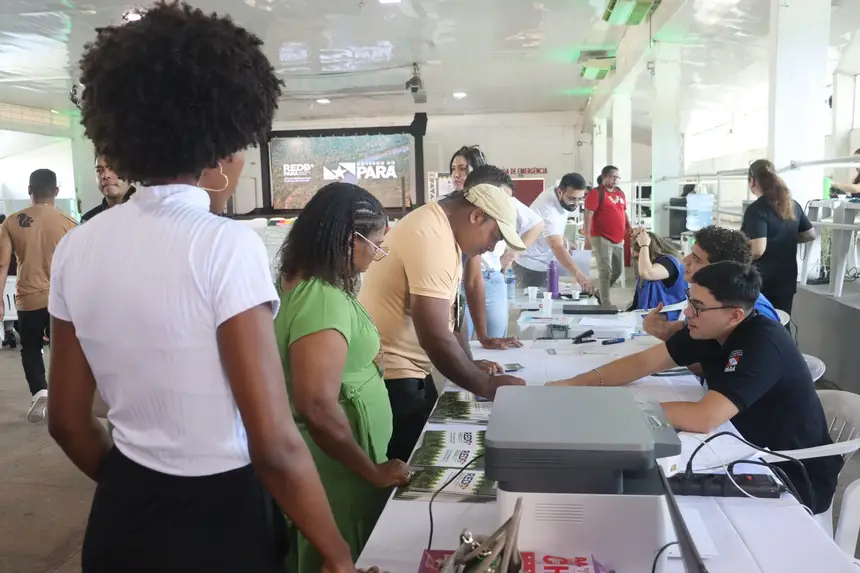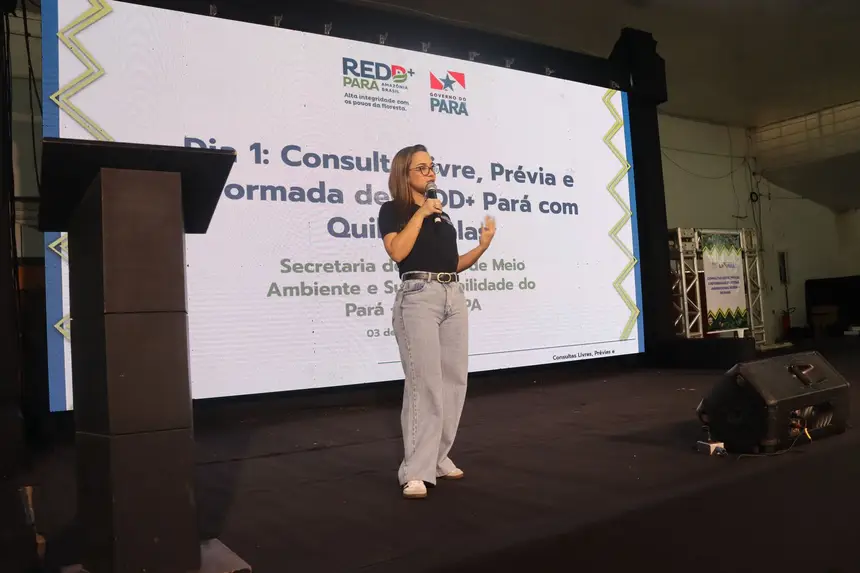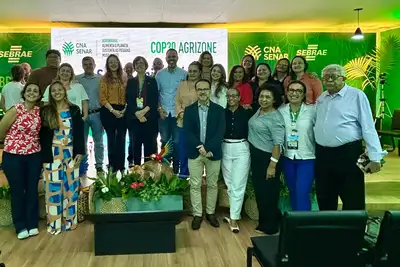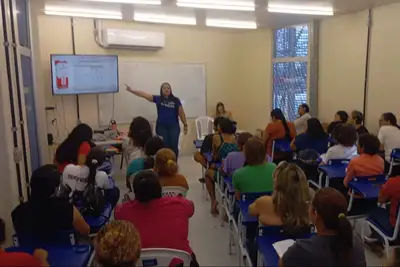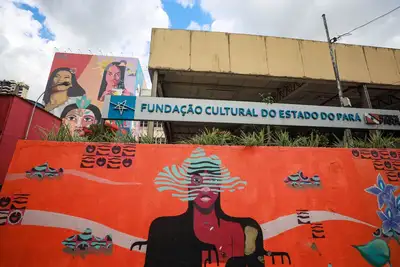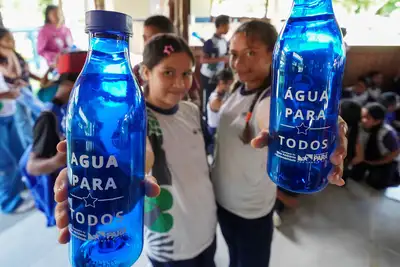Pará begins historical consultation process with quilombola communities in northeastern Pará on the REDD+ Jurisdictional System
A total of 47 consultations are planned, already underway, in Pará, also involving indigenous peoples, extractive communities, and family farmers.
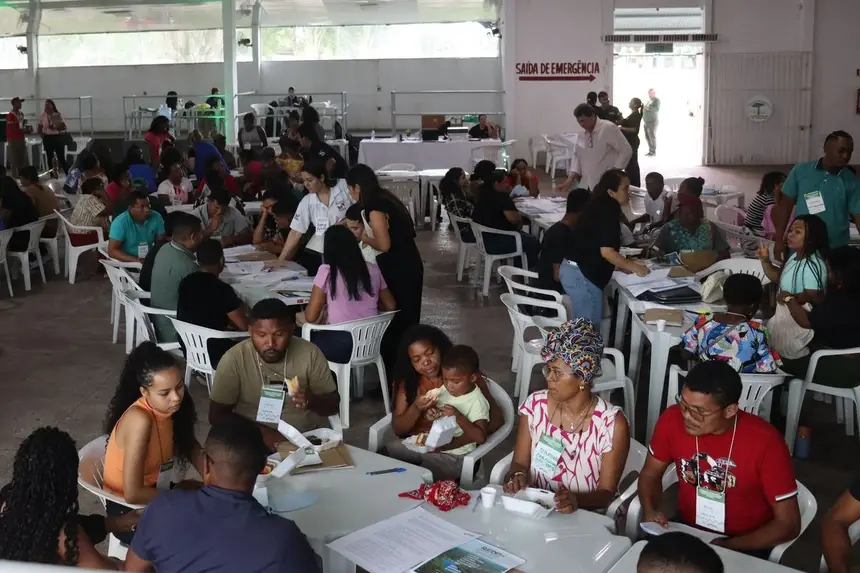
The Government of Pará began, this Tuesday (3), another stage of the historical process of Free, Prior and Informed Consultations (CLPIs) with quilombola communities in northeastern Pará. This action is part of the collective construction of the REDD+ Jurisdictional System (Reducing Emissions from Deforestation and Forest Degradation), being part of the largest consultation process ever conducted by the State. The initiative reaffirms the state administration's commitment to climate governance and the appreciation of traditional peoples and communities.
The consultation will continue until June 6, gathering quilombola representatives from various territories in the region. The program includes informational panels, listening dynamics, group debates, and community meetings. The meetings are conducted by representatives of the Secretary of Environment and Sustainability (Semas), the Secretary of Racial Equality and Human Rights (Seirdh), and the Coordination of the Associations of the Remaining Quilombo Communities of Pará (Malungu).
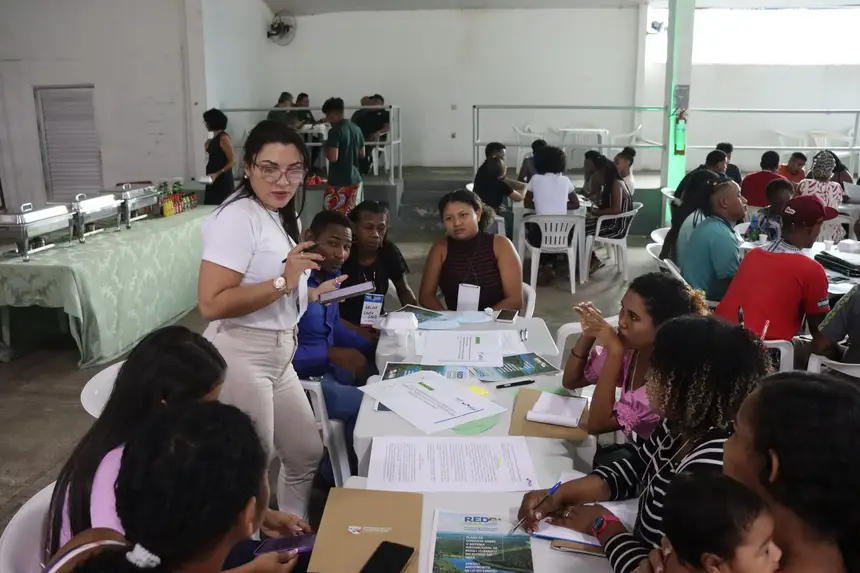
During the dialogues, fundamental themes were presented, such as the functioning of the jurisdictional carbon credit policy, the mechanisms for measuring and verifying emission reductions, the proposed benefit-sharing, and the subprograms that may be implemented in quilombola territories. The draft law that will establish the legal basis of the system in the State was also discussed, as well as the functioning of the State Safeguards System (SISREDD+), responsible for ensuring the protection of the social and environmental rights of the involved populations.
The process ensures the right to free, prior, and informed consultation of the communities, as established by Convention 169 of the International Labour Organization (ILO), promoting active listening of traditional peoples, including quilombolas.
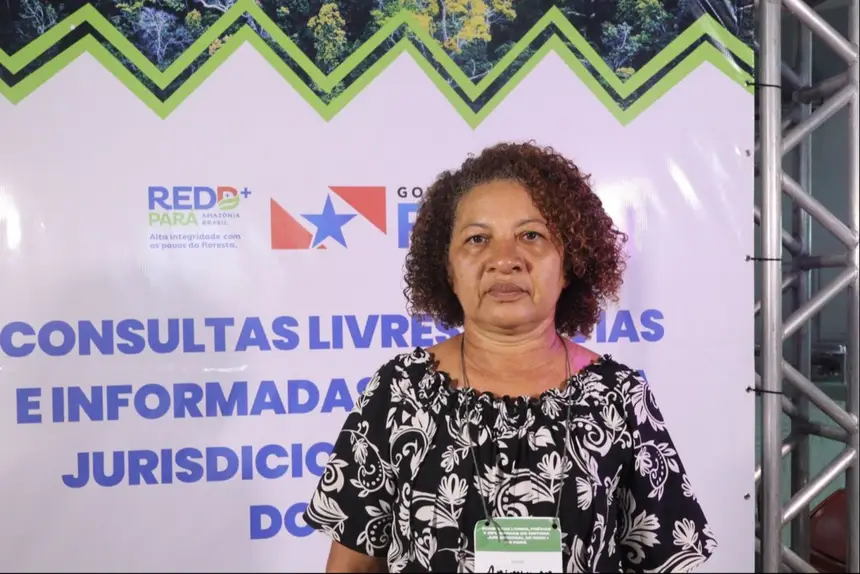
Raimunda do Carmo, from the Boa Vista do Itá community, in the municipality of Santa Izabel do Pará, highlighted the importance of participating in the construction of this public policy.
"For us, participating in this event, promoted by the State Government, is of great importance. This partnership and support allow us to represent our communities and learn about projects aimed at quilombolas and traditional communities. This knowledge is essential for us to bring information about government programs and projects back to our community," she stated.
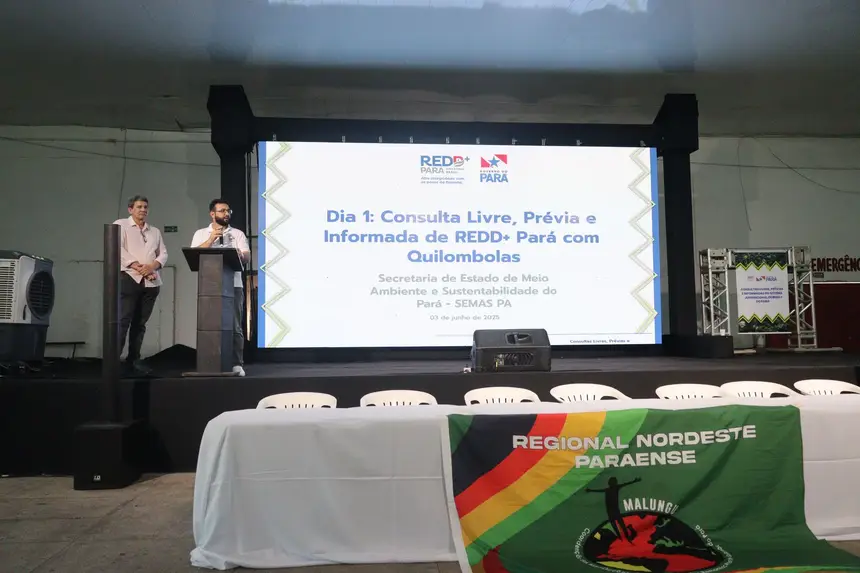
The Secretary of Environment and Sustainability of Pará, Raul Protázio Romão, reinforced the strategic role of the state in the global environmental agenda. "Pará has an exemplary role in the global environmental agenda, and this prominence is only possible with the direct participation of those who live and protect the forest every day. The process of building with quilombola communities represents a commitment to climate justice and to the collectivity of a public policy that generates direct benefits for the territories," stated Raul Protázio Romão, Secretary of Environment, Climate, and Sustainability of Pará.
Renata Nobre, Deputy Secretary of Water Resources and Climate Management at Semas, emphasized the historical nature of the CLPIs. "This is the result of a process that has been built with much dialogue since 2022, respecting the ways of each social segment. The CLPIs represent a milestone because they do not only address the REDD+ policy, but also broaden the debate on access to rights, the strengthening of territories, and active participation in the construction of public policies."
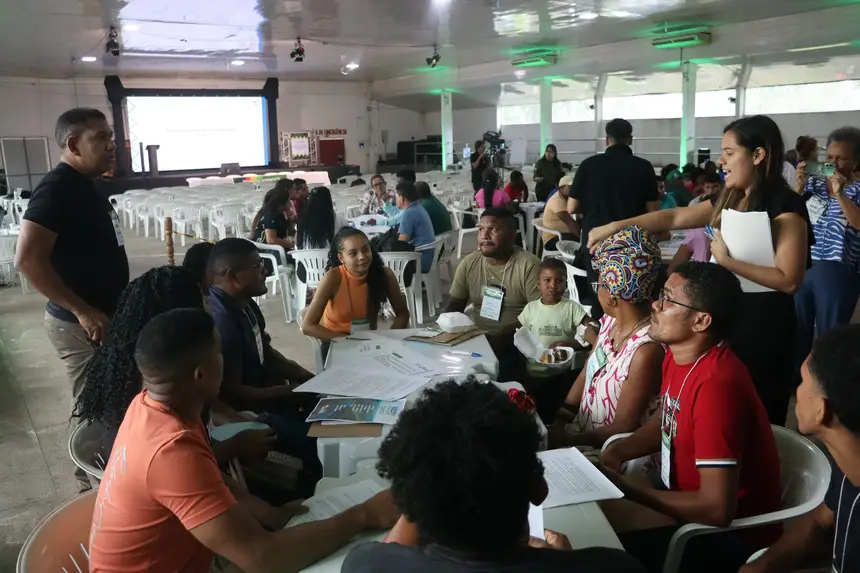
Since 2022, the construction of the REDD+ Jurisdictional System in Pará has been carried out in a participatory manner, through workshops, working groups, articulations in the territories, and listening sessions with different social segments. The model adopted by the Pará government has stood out for prioritizing social participation and placing traditional peoples and communities at the center of decisions related to forest preservation and the distribution of environmental benefits.
The current consultation adds to a total of 47 CLPI processes underway in Pará, also involving indigenous peoples, extractive communities, and family farmers.


